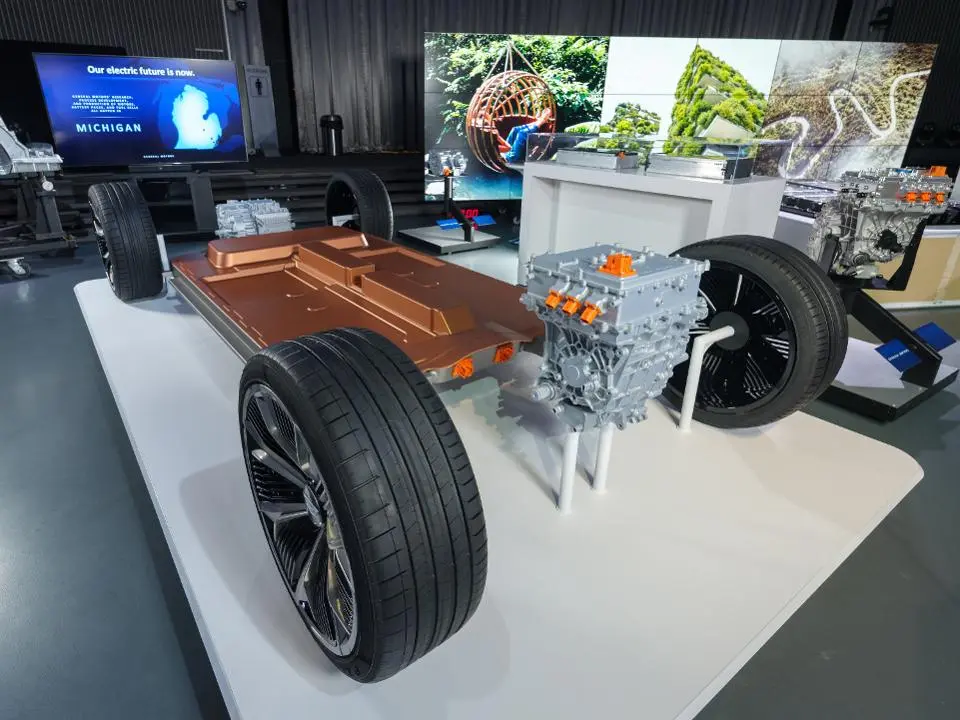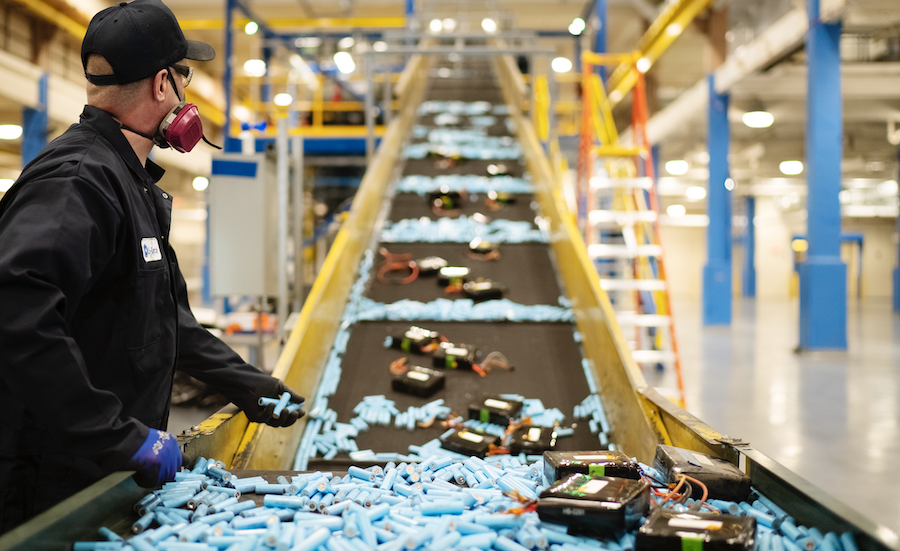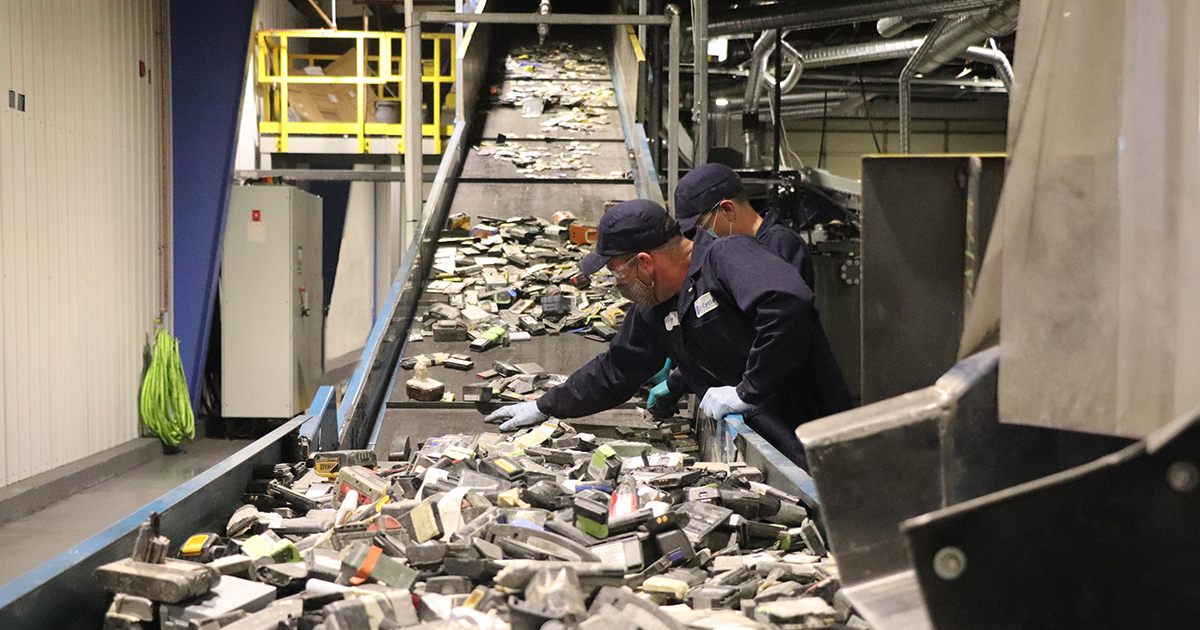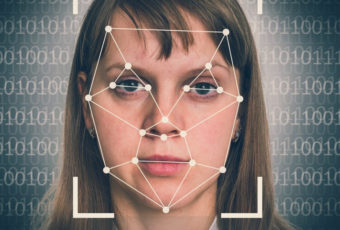
Lithium Ion Battery In A Car
Lithium-ion batteries contain precious and often rare resources including lithium, of course, but also nickel and cobalt. It is difficult to source these materials, and if batteries are thrown out properly, it then becomes possible to recover these resources and use them again. These precious metals are often mined by impoverished people in developing countries in processes that are dangerous and also damaging to the environment, so recycling the batteries help avoid these side effects.
Worse still, lithium-ion batteries that are tossed into landfills are a biohazard. If they leak toxic chemicals and heavy metals into the ground, these can reach soil and water, damaging entire ecosystems, which have a downstream effect of also being dangerous to public health.
Recycling the batteries also helps conserve energy, since sourcing the raw materials, as well as the manufacturing process takes up a significant amount of energy. Multiply that across countless industries that go through this process, and that’s a massive amount of energy total. You can help reduce this amount by properly recycling lithium batteries so they can be used again.

Recycling These Helps Avoid Waste And Dangers To The Environment
If these batteries are damaged, especially if exposed to extreme temperatures, they can become quite hazardous. They can cause fires, which are extra dangerous since they contain toxic materials that spread both in the earth and the air. It can devastate the environment as well as any people around.
Several regions throughout the world have already begun to regulate the disposal of lithium-ion batteries in order to minimize these negative outcomes. This way, there is a legal inceptive to comply with properly recycling the batteries, which is better for all involved.
Recycling the batteries help us head towards a circular economy, where products that are made of materials are reused, refurbished, manufactured, and also recycled so that waste is reduced.

This Can Help Promote A Circular Economy







